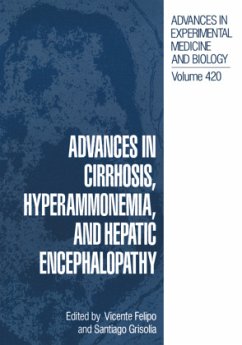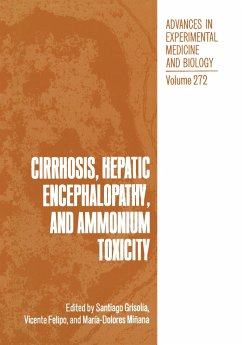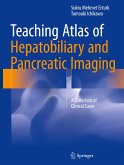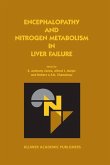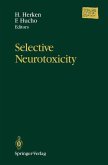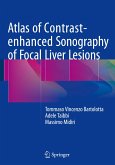This volume contains the papers presented at the International Symposium on "Cirrhosis, Hyperammonemia and Hepatic Encephalopathy," held in Valencia, Spain, De cember 2nd_4th, 1996. Liver cirrhosis is one of the main causes of death in occidental countries. There are other hepatic dysfunctions such as fulminant hepatic failure, Reye's syndrome, or congenital deficiencies of urea cycle enzymes which can also lead to hepatic encephalopathy, coma and death. However, the molecular bases ofthe pathogenesis of hepatic encephalopathy remain unclear. One ofthe consequences of hepatic failure is the reduced ability to detoxify ammonia by incorporating it into urea. This leads to increased blood ammonia levels. Hyperam monemia is considered one of the main factors responsible for the mediation of hepatic encephalopathy and classical clinical treatments are directed towards reducing blood ammo nia levels. Altered neurotransmission is an essential step in the pathogenesis of hepatic encephalopathy. The first part of the book is devoted to the discussion of the recent advances in the understanding of the alterations of different neurotransmitter systems in hepatic encephalopathy. The alterations of tryptophan metabolism and neurotransmission in hepatic encephalopathy and the implications for the clinical use of neuropsychoactive drugs are reviewed. The alterations in glutamate transport and neurotransmission in hepatic encephal opathy due to acute liver failure are also reviewed. The role of NMDA receptors in the molecular mechanism of acute ammonia toxicity is discussed as well as its modulation by metabotropic glutamate receptors and muscarinic receptors.
